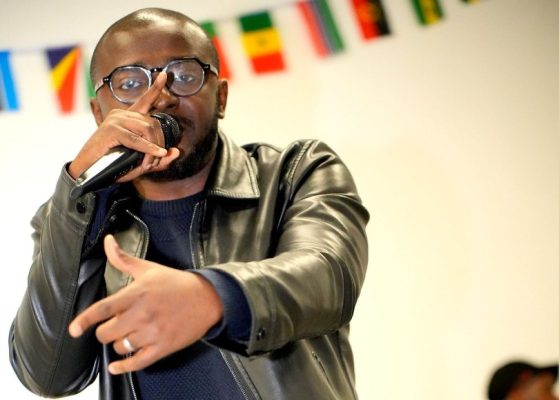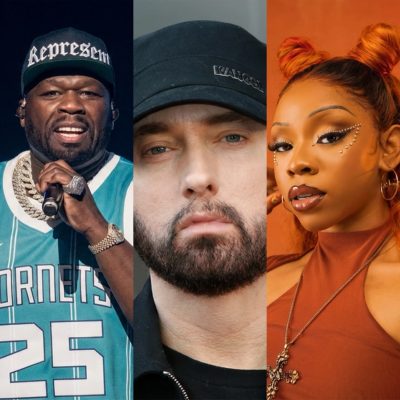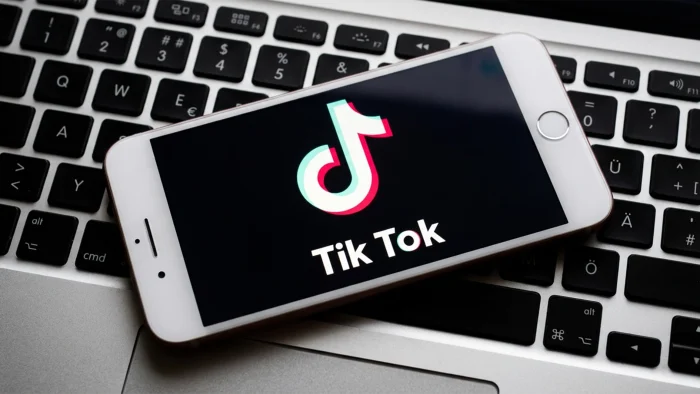From her self-taught beginnings and breakout as Mr Rebel to becoming a two-time GRAMMY winner and founder of the Leading Vibe Initiative, Tems is shaping the future for women in African music, and inviting the rest of us to believe we can too.
The energy in the room
It’s August 2025 in Lagos, and we’re winding down at the first Creative Lab by the Leading Vibe Initiative (LVI). Founded by Tems, it’s the kind of gathering where the right twenty people in a small room can feel like the whole industry has shifted.
The setting is GAIA Lagos: small, bright, intimate. In the room are emerging producers, artists, songwriters, and creators from across Nigeria, each one a woman with something to say through music.
Then Tems walks in.
No grand entrance. No attention-grabbing entourage. No camera-ready drama. She’s dressed simply: black top under a loose white shirt, baggy trousers, sneakers, straight hair framing her face, and soft glam makeup. She looks like she’s here to catch up with friends. Yet the shift is instant: conversations stop, heads turn, and the room settles into quiet attention.
Celebrity entrances often create distance. But Tems walks in like she belongs here as much as we do, and by doing so, makes us feel like we belong here too.
Still, she carries a weight. This is a woman who has sold out shows around the world, won two GRAMMYs, worked with music heavyweights such as Drake, Future, Beyoncé. Her résumé reads like a decade’s worth of career wins, but she’s just turned 30.
When she starts speaking, it’s in memories, lessons, warnings. “Believe in yourself as much as possible,” she tells the room. “You’re not crazy, you know.” She talks about moments of self-doubt, of being underestimated, of fighting to keep her sound in an industry that tried to mould it into something safer.
Around the room, people nod and finger-clap in agreement. The stories she shares are experiences many of us have lived or feared we will.
At one point, she admits, “I don’t want that to happen to women in Africa,” explaining that her mission was to make the path less exploitative for the next generation. She means the long road she had to walk: self-teaching production, funding her own recordings, learning the business without a mentor. LVI exists so that others won’t have to start in the dark.
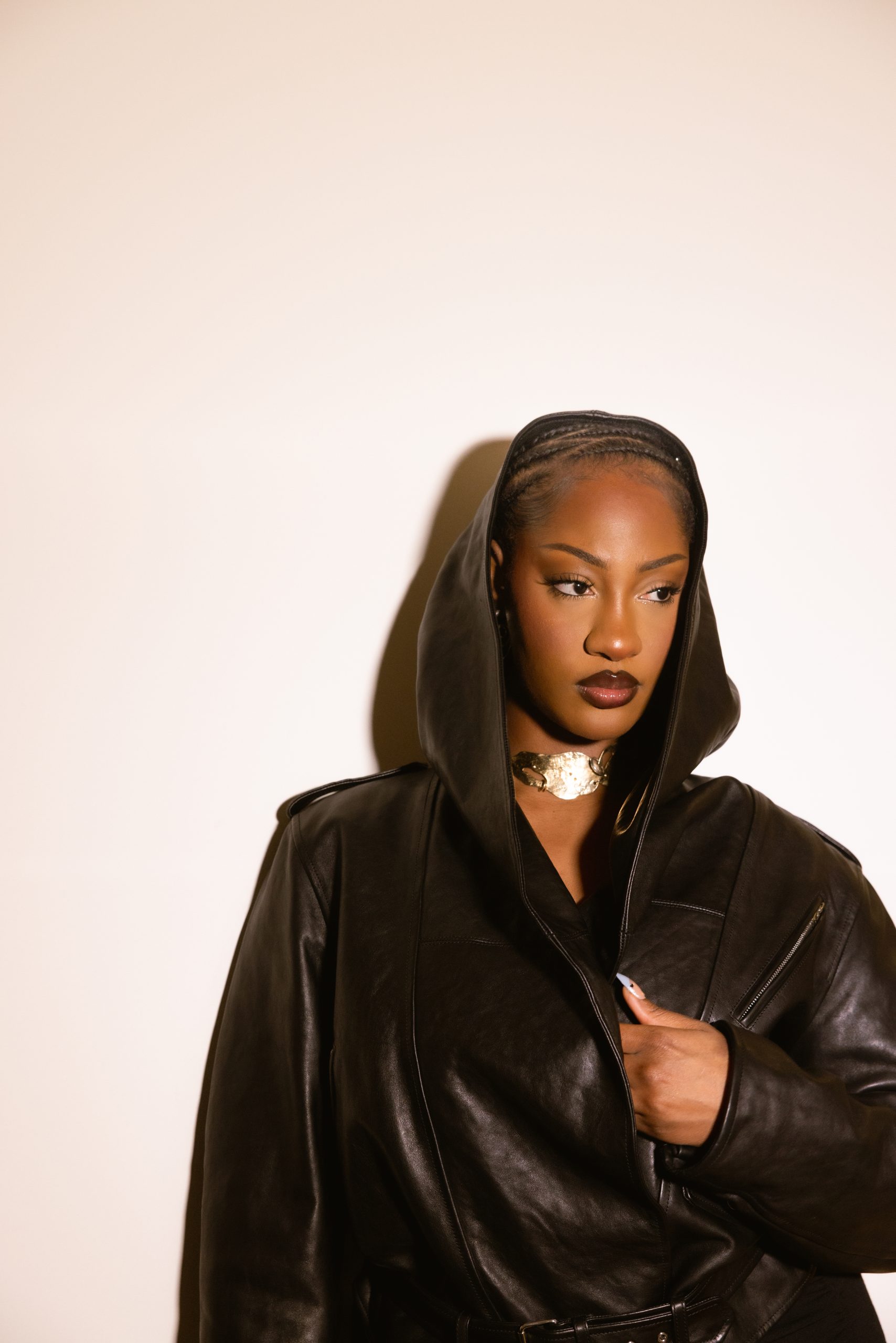
Rooted in rebellion
Before she became Tems, the global artist, she was Temilade Openiyi: a quiet, observant girl moving between Nigeria and the UK, carrying a love for music that didn’t fit neatly into any category.
From the start, there was quiet defiance. Her breakout single, Mr Rebel, didn’t sound like anything else in Afrobeats at the time; it was moody, layered, and self-produced. “When I started out as an artist, I had to teach myself everything,” she recalls. “Production, songwriting, recording… all of it. I didn’t know anyone in the industry. There was no blueprint.”
The industry wasn’t built to make space for voices like hers, women unwilling to soften their edges or fit into the mould of what a ‘marketable’ Nigerian female artist should be.
But she knew what she had, what she wanted and the personal sacrifices she had to make to get where she wanted to be. Letting go off the certainty of her 9-5 work for an uncertain career, at least at the time, was one of those sacrifices she had to make. It was one of the most important defining moments of her life.
“I had to look my boss in the eye and tell her I was quitting,” she says.
Her then-boss’s response wasn’t encouraging. “The people you’re going to meet, I know all of them,” her boss warned, a subtle threat meant to shake her confidence.
She left anyway, with no safety net beyond her own conviction. “I just knew that if I didn’t bet on myself, I might never do it.”
The rebellion was in the discipline of staying true to her sound, even when industry hands tried to mould her into something safer, more commercial. It was in the long nights teaching herself production until the beats matched the vision in her head.
Along the way, people like Tec of Show Dem Camp, Poe, and Spax became instrumental. They sharpened her instincts, taught her the less-glamorous survival skills: how to network without losing authenticity, how to manage media attention without letting it consume her, and when to hold back instead of over-exposing herself.
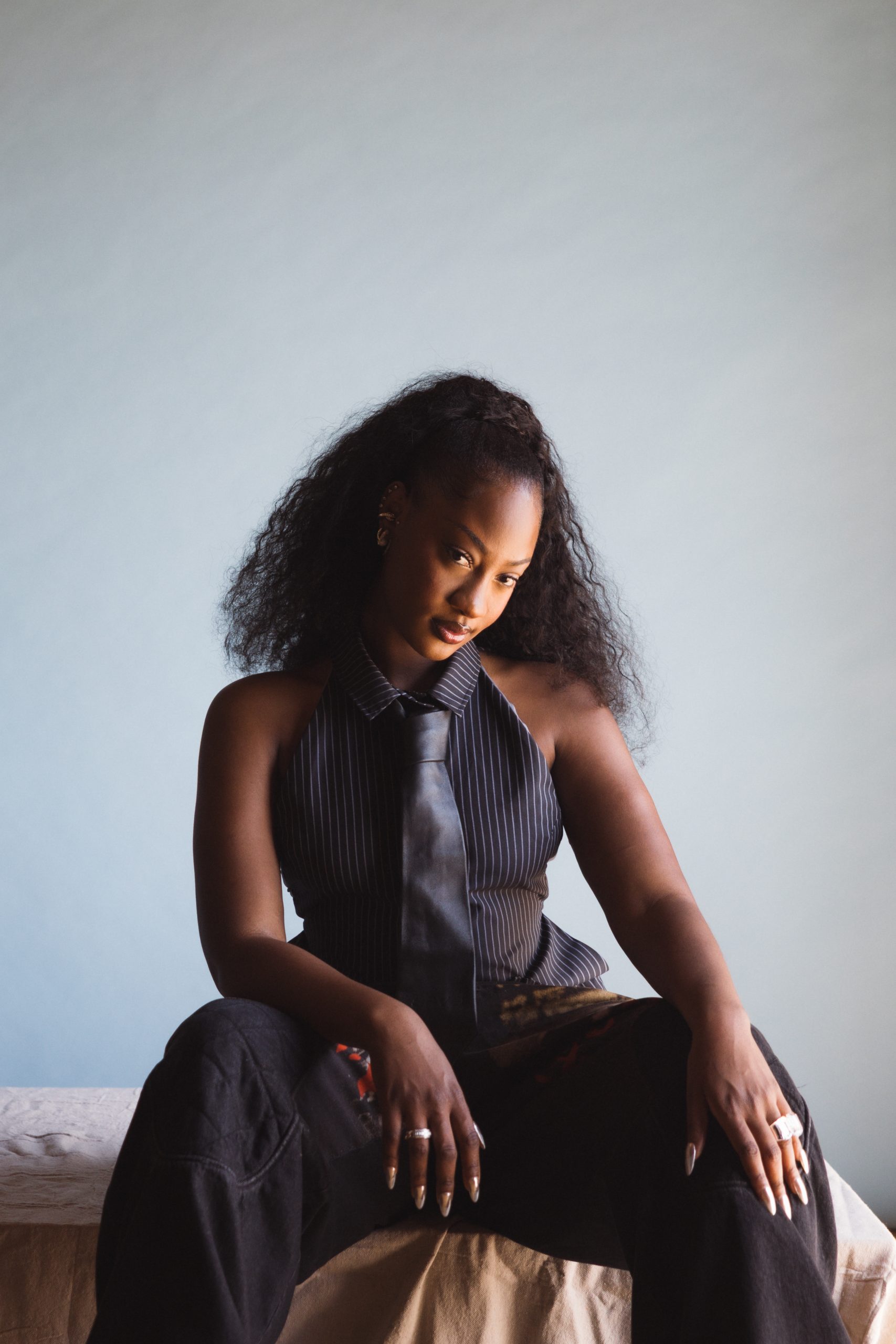
The leading vibe initiative
From Mr Rebel to Try Me, from the For Broken Ears EP to If Orange Was a Place, she’s built a discography that refuses to be caged. Since then, her voice has travelled the world on tracks with Wizkid (Essence), Drake (Fountains), Future (Wait for U), and Beyoncé (Move). She’s performed at Coachella, sold out shows across continents, and taken home two GRAMMYs, the first Nigerian woman to do so.
But the milestones are only half the story. What sustains her is the philosophy beneath the music: protect the art, protect the artist. That’s why she built the Leading Vibe Initiative: to make sure young African musicians, especially women, have the tools, the knowledge, and the community she wishes she had when she started out.
Supported by Hennessy and Native Instruments, the very first in-person programme of the Leading Vibe Initiative in Lagos was a two-day immersion for women in music: creative collaboration, mentorship, and professional development.
Day One was a welcome dinner hosted by Tems, where she shared her vision for LVI: to see women as not just participants but leaders in African music. “There are so many women with the same drive and potential, but without access to the right tools or network,” she says.
Day Two was hands-on. Workshops in songwriting, artist performance, and production, led by industry names like Wale Davies (Tec of Sho Dem Camp), Sarah Lorentzen, Saszy Afroshii, Yimeeka, and Joyce Olong. Native Instruments presents custom demo software to reduce technical barriers for women in music. Panels like The Power Behind the Vision unpack strategy, image, and team building, while If I Could Tell Her — with Bloody Civilian, Sasha P, and Saszy — dives into creative autonomy and visibility.
“You have to see yourself as the authority in your own music,” Tems tells the group. “If you don’t, someone else will try to take that authority from you.”
Lessons from Tems
What strikes me most, listening to her, is how little she sugarcoats the process.
She reinforces the importance of knowing your sound, building a network you trust, and focusing on the long game rather than instant gratification.
On perseverance: “Don’t be afraid to start small. Every big thing starts somewhere tiny.”
On self-definition: “Nobody can tell you what your sound is. If you let them, you’ll lose it before you even understand it yourself.”
Her advice pairs belief with action: learn the business side, find mentors, diversify your income, and never stop refining your craft. “I think of it as planting seeds,” she says. “Some grow fast, some take years. You just have to keep planting.”
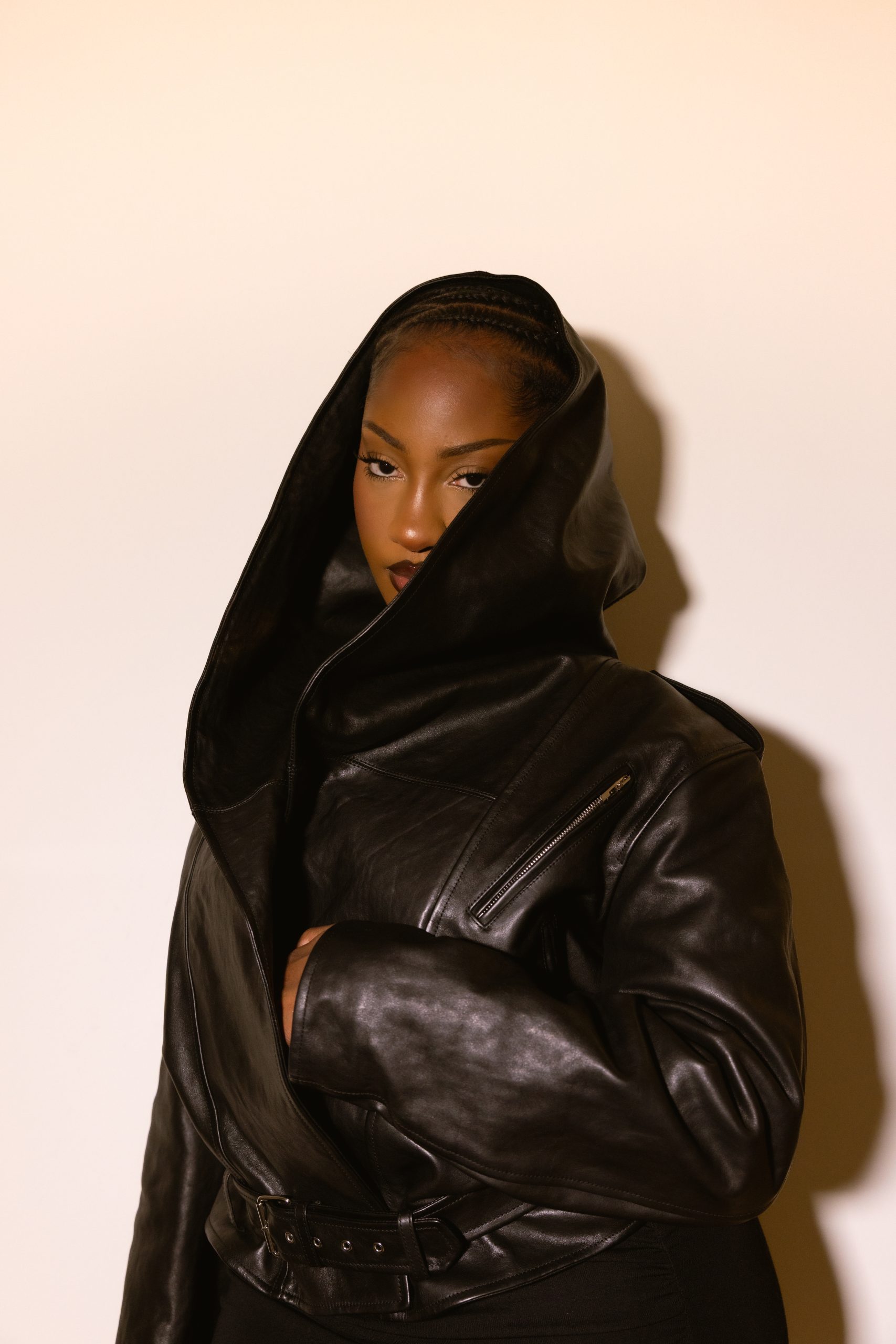
Leaving with fire
By the end of the Creative Lab, the room feels charged. Faces are brighter, conversations livelier, and there’s a sense of possibility hanging in the air.
Tems closes the session with the kind of line that sticks with you: “I’m not here to be the only one. If you think I’m special, you’re missing the point. We’re all capable. You just have to believe it enough to start.”
She’s proof that the journey from self-taught bedroom producer to global headliner is possible, and through the Leading Vibe Initiative, she’s building the rooms where it can happen, making sure no woman coming after her has to fight the same battles in the dark.



